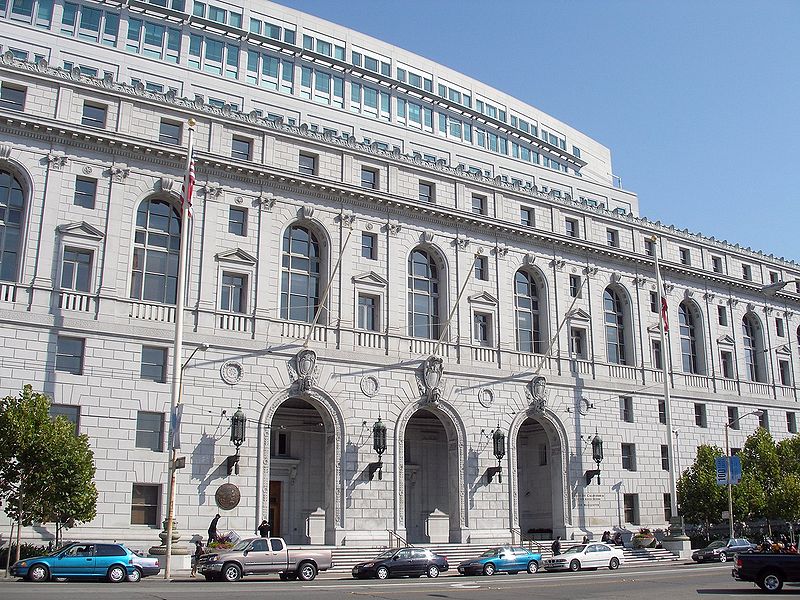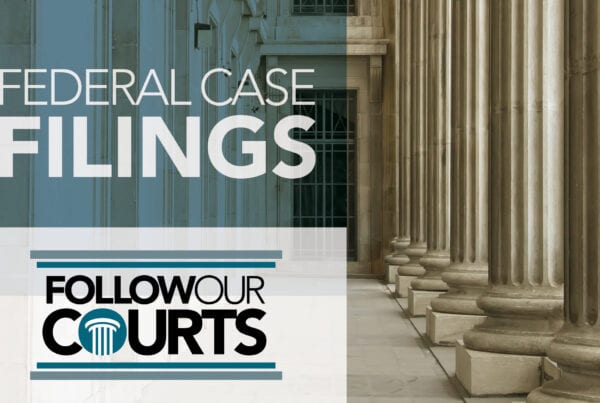The California Supreme Court will review a criminal resentencing decision out of San Bernardino, the court announced April 26.
The court will review San Bernardino Superior Judge Cara Hutson’s decision not to resentence Damien Blocker. Blocker had been accused of a drive-by shooting at a party Aug. 23, 2015.
He pleaded no contest to attempted murder Oct. 29, 2018, and was sentenced to 20 years in state prison. On July 28, 2022, he asked to be resentenced under Penal Code Section 1172.6.
The law allows people convicted under the now-defunct natural and probable consequences doctrine to receive a lesser sentence. The natural and probable consequences doctrine used to establish that a perpetrator of some crimes that resulted in a murder could be found guilty of murder, even if they were not the person who committed the murder. Prosecutors argued that Blocker was the actual shooter, and was not entitled to relief. As evidence, they cited his interview in which he admitted to being the shooter.
Hutson denied his petition on its face, without holding a hearing to show cause, and he appealed. During the appeal, Blocker argued that Hutson did not state why she denied his request.
On Feb. 15, the Court of Appeal, Fourth Appellate District, Division Two, agreed with Blocker in an unpublished opinion. Judges are required to explain when they would deny hearings for Section 1172.6 petitions.
Hutson did not explain her reasoning, but prosecutors argued that she relied on the preliminary hearing transcript. The Court of Appeal said that the reliance on the preliminary hearing transcript is improper.
The transcript contained the testimony of officers who testified on Blocker’s inconsistent statements: he first denied he was at the party, then said he was at the party, but left shortly before the shooting occurred, then he said he was the shooter.
“Thus, to find that defendant was the actual shooter based on the preliminary hearing transcript, the court would have had to find that defendant’s admission to the crime was true, while also finding that his prior denials were false. In other words, ‘to find (defendant) ineligible for resentencing on this record would require judicial factfinding, which is impermissible at the prima facie stage,’” the Court of Appeal wrote, quoting the 2022 case People v. Flores.
The Court of Appeal distinguished this from the situation in People v. Patton. In Patton, the Court of Appeal had found that a trial court can rely on uncontested evidence in a preliminary hearing transcript to deny a resentencing hearing. In that case, the defendant was seen on surveillance footage killing the victim. Such condemning evidence is different from Blocker’s inconsistent statements, the Court of Appeal wrote.
Now, the Supreme Court will review both rulings, with the following question at hand: “Did the trial court engage in impermissible judicial factfinding by relying on the preliminary hearing transcript to deny defendant’s Penal Code section 1172.6 petition at the prima facie stage?”
Case information
Mark Johnson, under appointment, had represented Blocker.
Deputy Attorneys General A. Natasha Cortina, Lynne G. McGinnis and Alan L. Amann had represented the People.
Fourth District Court of Appeal, Division Two, Justice Richard Fields wrote the opinion, joined by Justices Douglas Miller and Carol Codrington.
Case No. FVI1502161
Appellate Case No. E080221
Read the ruling here.
Read the announcement of the Supreme Court taking up the case here.








